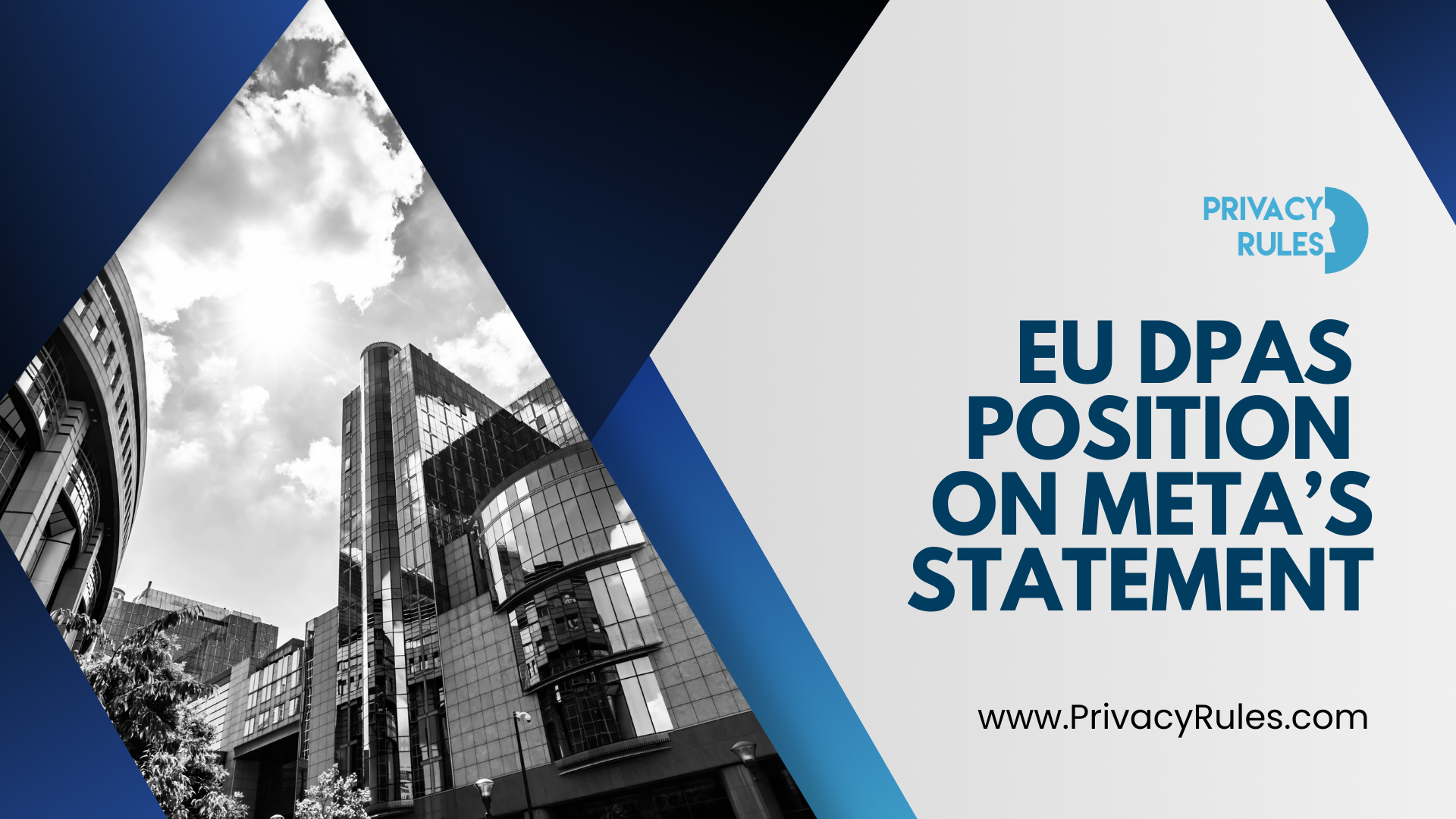
Meta‘s plan to introduce its AI assistant in Europe faces a significant hurdle due to a dispute with data privacy regulators. The Irish Data Protection Commission (DPC) raised concerns about Meta’s use of publicly available content from Facebook and Instagram profiles for training its large language models.
Key highlights:
- Stalled launch: Meta’s AI assistant rollout in Europe is on hold, marking a major setback for its global AI expansion.
- Data privacy concerns: Despite Meta’s transparency claims and opt-out options for European users, the DPC’s intervention underscores the need for stricter data privacy regulations across Europe. This could set a new standard for how companies handle user data for AI training, affecting other tech giants like Google and OpenAI.
- Increased scrutiny: The situation could lead to more rigorous scrutiny of AI development practices. Regulators may demand greater transparency and accountability in data collection, usage, and storage for AI training models.
- Meta’s adaptation: To comply with European regulations, Meta might need to shift its approach, potentially focusing on: Anonymized or synthetic data and Opt-in data collection
What’s next?
European regulators see this pause as a chance to review Meta’s data practices more thoroughly, particularly concerning user privacy. Advocacy groups like NOYB have also welcomed this development, as their complaints against Meta’s data collection methods gain traction.
The outcomes of this issue could have far-reaching implications for the tech industry, shaping future data privacy regulations and AI development standards in Europe.
We would like to extend our gratitude to the PrivacyRules members for their invaluable contribution to this overview of the DPAs position on Meta’s statement : Nis Peter Dall from Njord law firm (Denmark), Jean-Christophe Chevallier from Ydès (France), Dr. Volker Wodianka, LL.M. from Wodianka privacy legal GmbH (Germany), Endre Varady from VJT & Partners (Hungary), Luca Egitto LL.M. from RPLT RP legalitax (Italy), Alexander Mollan from Brækhus Advokatfirma (Norway), Magdalena Gad-Nowak, LL.M. from Timelex (Poland), Beatriz Rodríguez Gómez from RocaJunyent (Spain), and Kim Walker from Shakespeare Martineau (the UK). Their expertise and dedication have been crucial in addressing these complex issues.
